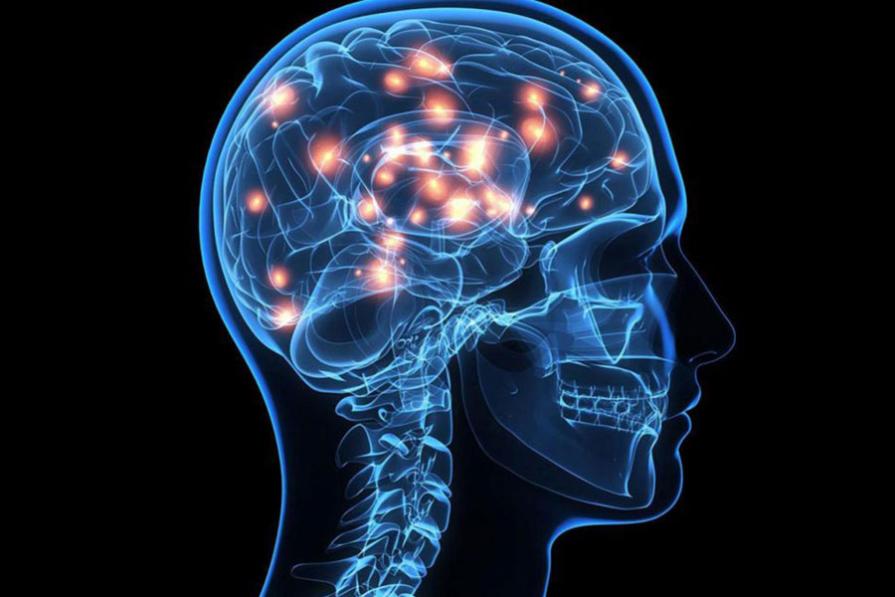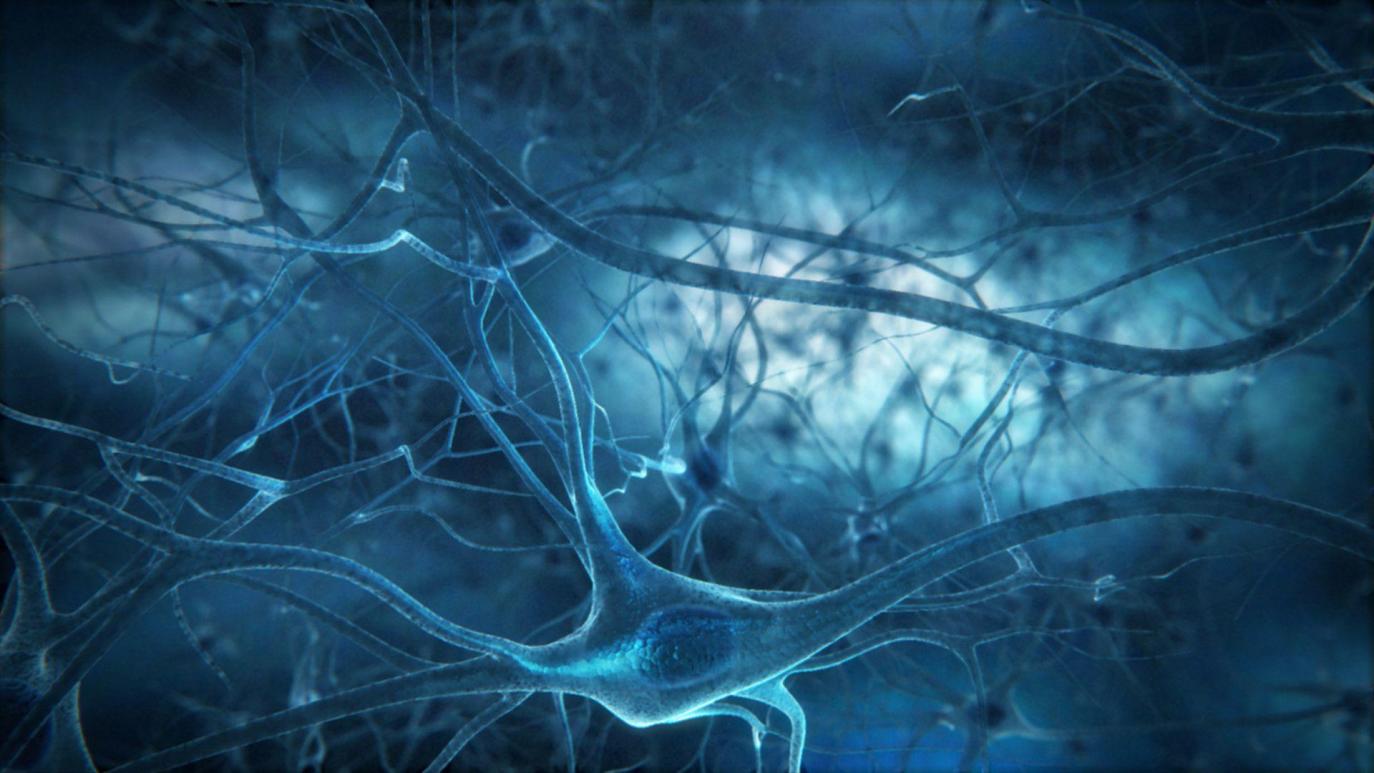The Impact of Stress on Brain Function: How Does Chronic Stress Affect Our Cognitive Abilities and Mental Health?
Stress is an inevitable part of life, and while it can be a motivator and help us adapt to challenging situations, chronic stress can have detrimental effects on our physical and mental health, including our brain function and cognitive abilities.

The Physiology Of Stress
When we experience stress, our body goes through a series of physiological changes, known as the stress response. This response is mediated by the activation of the hypothalamic-pituitary-adrenal (HPA) axis, which releases stress hormones such as cortisol and adrenaline. These hormones prepare the body for a "fight or flight" response, increasing heart rate, blood pressure, and respiration, while diverting energy away from non-essential functions like digestion and immune response.
The amygdala and hippocampus, two brain regions involved in emotional processing and memory formation, play a crucial role in the stress response. Chronic stress can lead to structural and functional changes in these brain regions, including atrophy of the hippocampus and altered neural connectivity, which can have long-term consequences for cognitive function and mental health.
Cognitive Effects Of Chronic Stress
Chronic stress can have a significant impact on our cognitive abilities, affecting attention, concentration, memory, and decision-making.
Attention and Concentration:
- Stress can impair our ability to focus and concentrate, making it difficult to perform tasks that require sustained attention.
- Chronic stress can lead to difficulty in filtering out distractions, resulting in decreased productivity and increased errors.
Memory:
- Stress can disrupt the formation and retrieval of memories, particularly those related to emotional events.
- Chronic stress can impair both short-term and long-term memory, affecting our ability to learn new information and remember important details.
Decision-Making and Problem-Solving:
- Stress can impair our ability to make sound decisions, leading to impulsive behavior and poor judgment.
- Chronic stress can disrupt the prefrontal cortex, a brain region involved in higher-order cognitive functions, leading to difficulty in planning, organizing, and problem-solving.
Mental Health Effects Of Chronic Stress

Chronic stress is a significant risk factor for a range of mental health conditions, including anxiety, depression, post-traumatic stress disorder (PTSD), and burnout.
Anxiety and Depression:
- Chronic stress can lead to the development of anxiety disorders, characterized by excessive worry, fear, and avoidance behaviors.
- Stress can also contribute to depression, characterized by persistent feelings of sadness, hopelessness, and loss of interest in activities.
Post-Traumatic Stress Disorder (PTSD):
- PTSD can develop as a result of exposure to a traumatic event, such as a natural disaster, accident, or assault.
- Chronic stress can increase the risk of developing PTSD, and symptoms can include flashbacks, nightmares, avoidance behaviors, and hypervigilance.
Burnout:
- Burnout is a state of emotional, physical, and mental exhaustion caused by prolonged or excessive stress.
- Chronic stress can lead to burnout, characterized by cynicism, detachment, and a sense of ineffectiveness.
Coping Mechanisms And Resilience
While chronic stress can have significant consequences for our cognitive function and mental health, there are effective coping mechanisms and strategies to build resilience and manage stress.
- Identify and address the sources of stress in your life.
- Practice relaxation techniques, such as deep breathing, meditation, or yoga.
- Engage in regular physical activity.
- Maintain a healthy diet and get adequate sleep.
- Seek social support from friends, family, or support groups.
- Learn to set boundaries and prioritize self-care.
- Consider seeking professional help if stress is overwhelming or causing significant distress.

Chronic stress can have a profound impact on our cognitive function and mental health, increasing our risk of developing a range of mental health conditions. However, by understanding the effects of stress on the brain and employing effective coping strategies, we can build resilience and protect our cognitive and mental well-being.
If you are experiencing persistent stress or mental health concerns, it is important to seek professional help. A therapist or counselor can help you identify the root causes of your stress, develop coping mechanisms, and improve your overall mental health.
YesNo

Leave a Reply